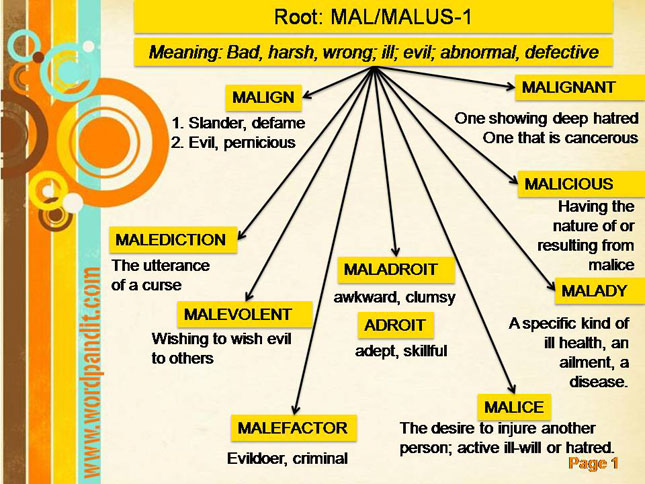
If you’re reading this post, chances are you are someone alacritous to improve vocabulary. Congratulations! Most people don’t even realize in time the importance of having a good vocabulary ‘organically’. Cramming dictionaries doesn’t help and neither does reading newspapers beyond a point. Keep reading to know our top 7 sure shot ways of improving vocabulary.
It is said that an average American has an active vocabulary of about 20,000 words and a passive vocabulary of roughly 40,000 words. Active vocabulary comprises words that one uses in their day-to-day written and verbal communication. Passive vocabulary is made up of words that one knows and understands but is unable to use them promptly or contextually. It’s said that one stops learning and using new words by their middle age. So, now is the time!
Also Read: How to Boost Your SAT Writing Score
The following tips will help you improve vocabulary in no time if you religiously work towards your goal every day:
1. Read strategically – maximize your vocabulary gain
Reading a hoard of vocabulary-building books may not help everyone. Devouring newspapers daily or listening to BBC podcasts also may not be sustainable in the long run. You will burn out quickly if you stick to one reading source for a long time.
Try to read from diverse sources such as newspapers, theory books, novels, non-fiction, blogs on topics of your interest, magazines, etc. This way you can keep your interest in reading for longer. Building vocabulary will not seem a haranguing task if you serve up some diversity in your reading material every day. Reading from different sources will also make your vocabulary diversified according to the different genres you will read.
2. Study word roots to learn multiple words in one go!
A lot of English that may seem disjoint actually stem from common roots. Once you understand the meaning of these roots, you will be able to identify and use words built from them. It’s often the most sustainable way of building a vocabulary that doesn’t evade memory in the long run.

(Source: Wordpandit)
For example word root ‘ambi’ stands for ‘both’, now you will be able to remember words like amphibian (lives in both water and land), ambidextrous (able to write with both hands), etc. Find a list of root words you can start learning here.
3. Use mnemonics, associations and, visual cues
The mind remembers visual cues much more than textual cues. For this reason, we recommend using imagery in both mental and physical forms.

(Source: Vocabmagik)
- You can either print or create your own flashcards for ready reference
- Using sticky notes is an easy way to keep seeing words that you want to learn and use
- Use online resources that provide a number of visual cue cards, comic format flashcards, etc. to make improving vocabulary easy (one such website is Vocabmagik.com)
- Using mnemonics is an easy to remember certain words or word sequences (for example, Roy G. Biv is a name used to remember colors of the rainbow: red, orange, yellow, green, blue, indigo, and violet.)
4. Use college entrance preparation tests and online quizzes
Several college entrance exams viz. ACT, SAT, etc. test language proficiency. Courses designed for these cover a lot of shortcuts and tricks to learn, remember, and use new words. They also help you keep your vocabulary building exercise regular and systematic. You can use a number of free websites that have handouts, quizzes, tutorials designed for these exams.
For example, The Mangoosh GRE/TOEFL vocabulary flashcards are one of the most popular sources of learning new vocabulary through word lists organized by difficulty levels. Many other exam preparation sites have free vocabulary learning resources you can utilize to build a rich vocabulary.
5. Keep a vocabulary journal handy
It’s often seen that with time, students develop a habit of not letting a new word pass by without looking it up. However, the human mind can remember only up to a certain limit as it already processes 60,000+ thoughts every day!
To combat this, you can always keep a vocabulary journal with you. Keep noting down all new words and their meanings that you come across in a day and go through the list before going to bed. Your subconscious mind will process this information and store it much better than before. Try it to believe us!
6. Write more, to learn more!
You can improve your vocabulary manifold by simply putting all the words you learn to use. While speaking, we might not be able to easily recall and use new words that we learn each day. For example, while speaking it’s much more intuitive for us to say, “they made some secret, illegal payments”. Only one in hundred of us would say, “they made some surreptitious payments!”

This problem is much easier to tackle while writing. If you keep your journal handy, it would further help. While writing you must slow down and think of all the better words that can be used in every piece you write. Try to do the following, to begin with:
- Make the expression as ‘precise’ and ‘exact’ as possible (e.g. ‘amazing’ and ‘surprising’ are often used interchangeably, which mustn’t happen!)
- Make every sentence as less verbose as possible, try to make shorter, crisper sentences
- Substitute long phrases with idioms, synonyms wherever possible
Once you become used to writing meticulously with a more empowered vocabulary, you can slowly start consciously using it while verbally communicating too.
Also Read: How to Write the Perfect College Essay
7. Discipline and routine are the X-factor
While you are learning any new skill, remember that discipline is the final differentiator. You may want to look up and journal 100 words on day-1 and remain enthusiastic for a couple of days before exhausting. To prevent your excitement from abating drastically and leading you nowhere, ensure that you stick to a doable number. You can obviously gradually work your way up with every passing week.

Getting a tutor can help you reinforce this discipline as well. There are many professional language tutors who specifically help with a language’s vocabulary building. Hiring a tutor can help you enjoy the process of learning while they take care of all planning and assessment.
We realize that while learning vocabulary by yourself is not an impossible task, having expert guidance all along can help the student get maximum learning benefits with minimal effort. Therefore, Talentnook brings you the English Language Arts program: an online English reading and writing program for students of grade 1 through 9, to help them make the best of their stay-at-home time for improving their English language skills
Visit the English Langauge Arts Program now
If you want to explore professional tutoring to help your child improve their English vocabulary and writing skills, head out to Talentnook today! We connect thousands of tutors and students for the best one-on-one personalized tutoring. Join our league of happy students and start acing a subject (or a skill) that you have a bent for!
Looking for an all-in-one writing program for students who want to build an effective writing skillset – early on. So they can communicate with confidence!
Join the Talentnook Writing Program to hone your child’s writing skills
